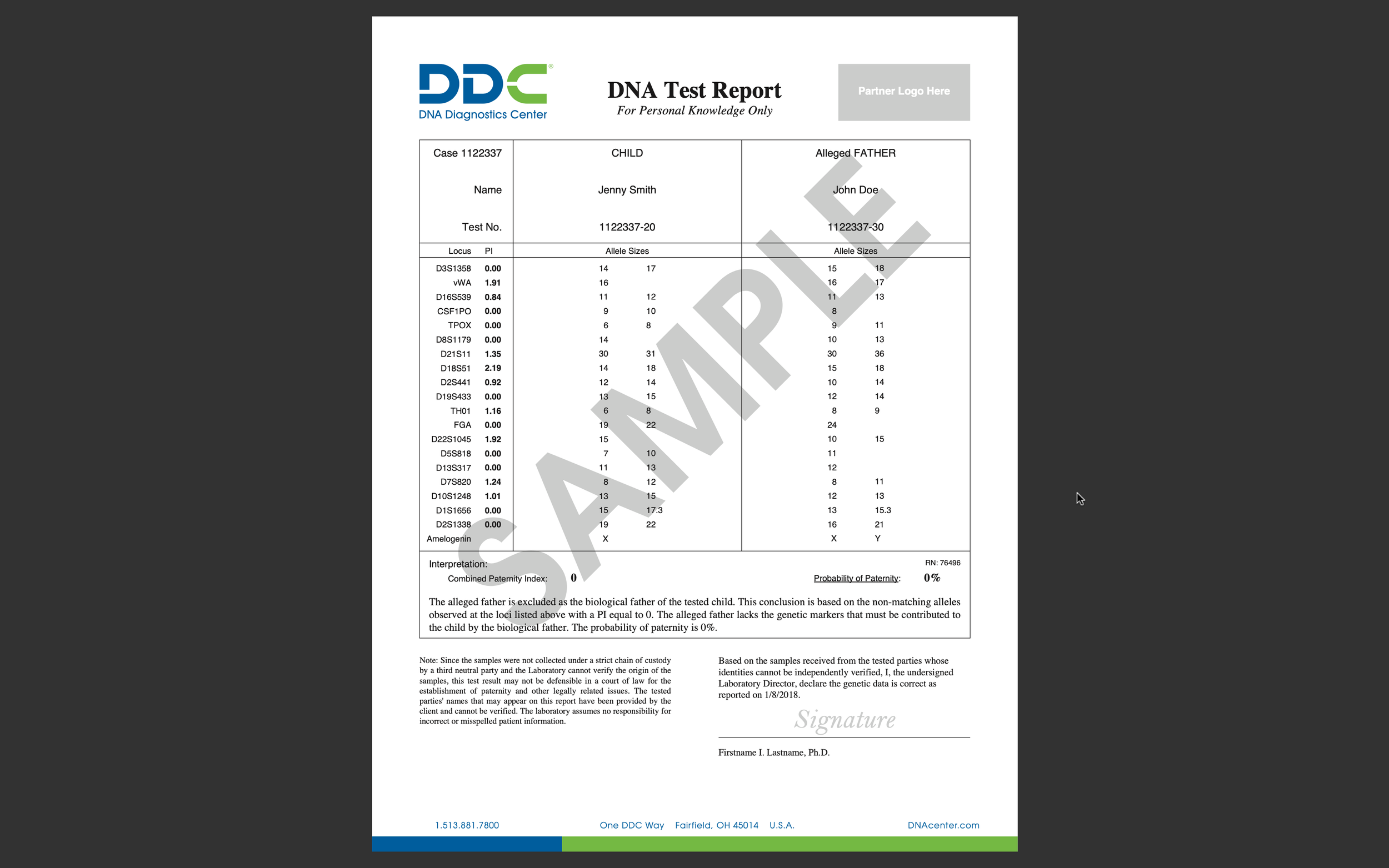Are Online Paternity Tests Accurate? Facts, Tips & Legal Insights
Understanding the Accuracy of Online Paternity Tests
Online paternity tests have become a popular option for determining biological relationships due to their convenience and affordability. But how accurate are they? While these tests offer reliable results when processed by accredited labs, there are key factors to consider, including sample handling, lab accreditation, and whether the results are admissible in court. In this guide, we’ll explore the accuracy of online paternity tests and provide tips for ensuring trustworthy outcomes.
The Assurance of Accuracy with Accredited Labs
Accredited labs follow strict protocols to ensure accurate DNA analysis. Most online paternity tests boast over 99.9% accuracy when processed by certified facilities like AABB-accredited labs. However, errors can occur if samples are mishandled or if the lab lacks proper accreditation.
Comparing Home and Legal Paternity Tests
Home Paternity Tests
Ideal for personal knowledge.
Involves at-home cheek swab collection.
Results are accurate but not admissible in court due to lack of chain-of-custody documentation.
Legal Paternity Tests
Required for court cases involving custody or child support disputes.
Samples are collected under strict chain-of-custody protocols at an accredited facility.
Results are admissible in court.
Understanding Probability in Paternity Testing
Paternity test results are presented as a probability percentage:
99.9% or higher: Confirms biological fatherhood.
0% probability: Excludes the alleged father as the biological parent.
This statistical approach ensures clarity and confidence in the results.
Tips for Ensuring Accurate Results
Choose an Accredited Lab: Always select a provider certified by organizations like AABB or ISO/IEC 17025 for reliable testing.
Follow Collection Instructions Carefully: Improper sample handling can lead to contamination or inconclusive results.
Disclose Relevant Information: Inform the lab if potential fathers are related to avoid false positives due to shared genetic markers.
Frequently Asked Questions About Online Paternity Tests
Are online paternity tests as accurate as legal tests?
Yes! Online paternity tests processed by accredited labs are just as accurate as legal tests. However, only legal tests include chain-of-custody documentation required for court use.
How long does it take to get results from an online paternity test?
Most online paternity test results are available within 2 business days after samples are received by the lab.
Can I use an online paternity test for child support cases?
No, online tests cannot be used in court because they lack chain-of-custody documentation. For legal purposes, you’ll need a court-admissible paternity test.
What happens if my online paternity test results are inconclusive?
If your results are inconclusive, contact the testing provider immediately to discuss retesting options or additional analysis.
How do I know if an online DNA testing company is legitimate?
Look for certifications from reputable organizations like AABB or ISO/IEC 17025 to ensure the lab meets industry standards for accuracy and reliability.
Conclusion: Trusting Online Paternity Tests with Confidence
Online paternity tests offer a convenient and affordable way to determine biological relationships, but their accuracy depends on choosing a reputable provider and following proper procedures. By selecting an accredited lab and understanding the limitations of at-home testing versus legal testing, you can ensure trustworthy results that meet your needs—whether for personal clarity or legal purposes.
Ready to get started? Contact GameDay DNA today to learn more about our reliable testing services!
Follow us on Instagram and Twitter! If you have questions about paternity tests or other DNA testing services, please contact our Client Support Center at 302-529-1789, Mon-Sunday from 8:00 AM to 9:00 PM Eastern Time. Our friendly, expert representatives are ready and happy to help. Get answers anytime by visiting our Help Center.



